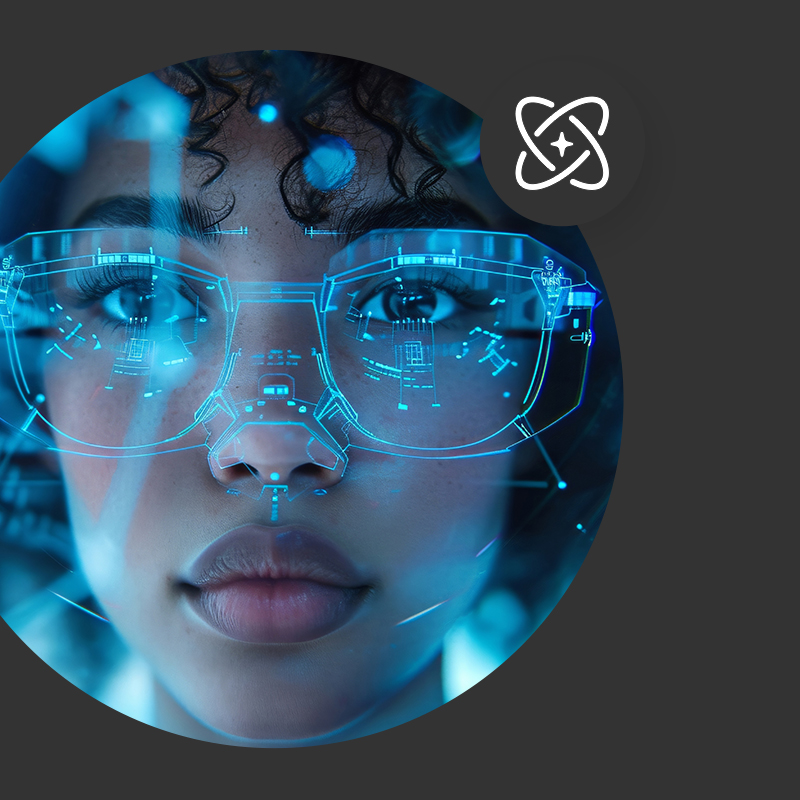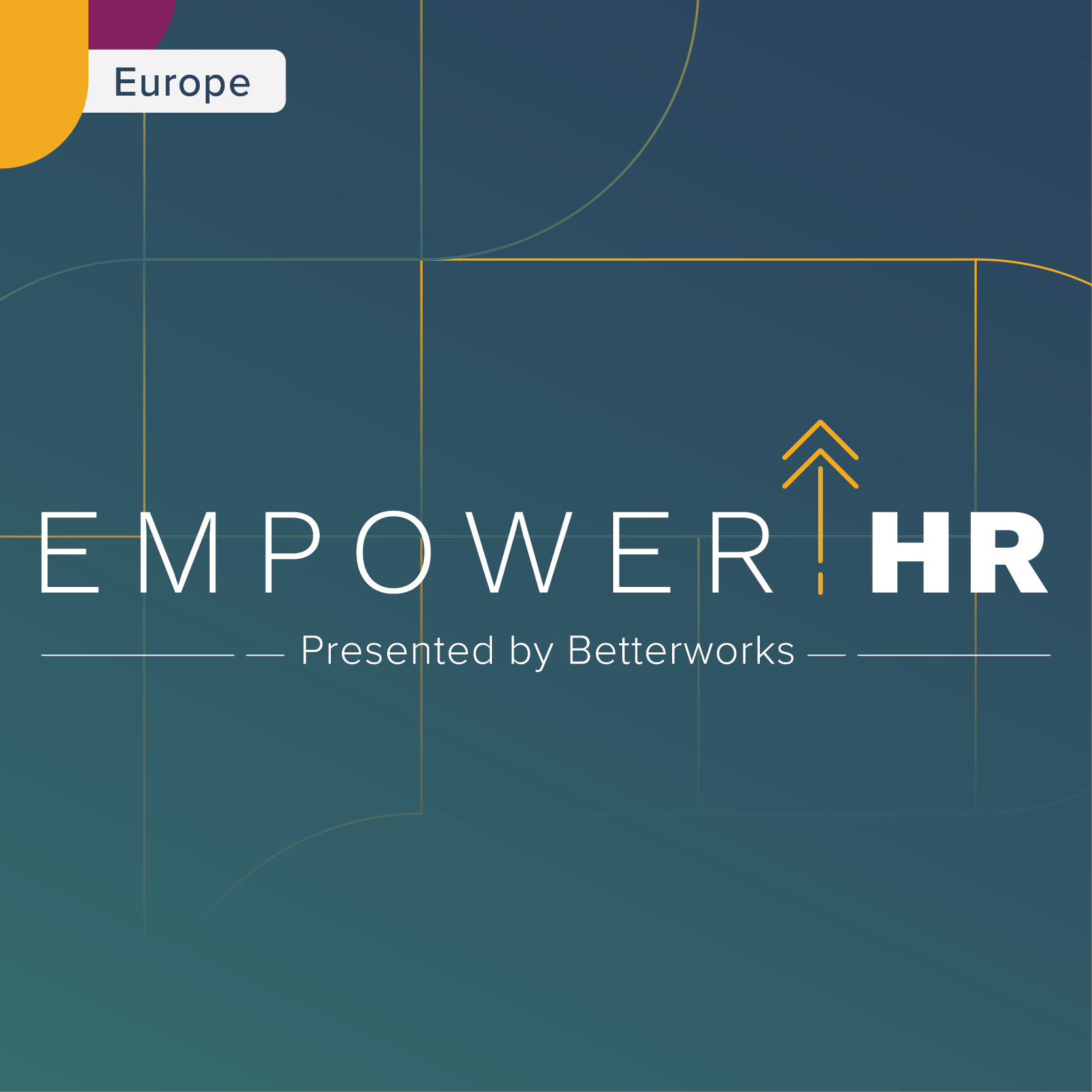Generative AI is about to help us all become better versions of ourselves at work. Despite the concerns — some of them valid — about whether AI will replace employees, introduce bias, and expose us to data security and privacy risks, its promises far exceed the dangers in my view. When used responsibly and thoughtfully by good actors, GenAI will help us accomplish more, uncover new insights, and enable us to focus on strengthening relationships and collaboration at work.
With the recent leaps in AI’s capabilities, we now stand at the advent of a significant transformation of performance management into intelligent performance management. This will not only improve efficiency, but elevate manager-employee relationships, strengthen collaboration, and deliver comprehensive and fairer ongoing performance feedback and calibration processes.
More efficiency and fairness in performance management with GenAI
With intelligent performance management, GenAI will allow everyone in an organization to be far more efficient and productive, helping them to accomplish their work and reach their goals faster and with less effort. Employees will receive AI-generated recommendations for writing goals with greater clarity and specificity. Providing feedback will change from an angst-filled and stressful exercise that employees (and managers) would rather avoid to a far less daunting task in which they receive recommendations and best practices for making feedback meaningful, actionable, professional, and unbiased.
Managers will receive comprehensive summaries of conversations with their direct reports, as well as feedback and recognition their employees have received from colleagues, that AI will generate in seconds. They’ll be able to use GenAI to write comprehensive and unbiased performance reviews based on data, not memory. GenAI will be able to generate these reviews in the right tone and with whatever level of specificity the manager wants, serving as a co-pilot with ultimate oversight and input from the manager.
The future promises GenAI-driven feedback that aligns with an individual’s temperament, giving managers the chance to deliver reviews that resonate most with the employee. While I’ve talked to a few HR leaders who’ve told me they would never allow GenAI to write a review, when the tool is used as an assistant and the manager retains ultimate control over whether to accept or revise the review or feedback, GenAI has tremendous power to make the process easier and fair, as well as far more efficient.
The time savings alone will be impressive. Research from the Corporate Executive Board shows that a manager dedicates over 200 hours a year to performance management, while employees allocate around 40 hours annually. And, nearly 80% of HR leaders don’t think the performance reviews are even accurate. This immense time investment often produces feedback filled with biases and generates disappointment and disillusionment from employees. And, with good reason. After all, most managers aren’t trained psychologists, nor are they inherently adept at deciphering what motivates or hampers an individual. The current system is riddled with these inherent inconsistencies and prejudices.
We’ll be able to zero out disparities in feedback styles and create consistent, valuable insights for employees that transfer into the calibration process. To date, we’ve had an imperfect way of evaluating people. One manager may give their direct reports a four or five on a scale of one to five, while another manager who is a tougher grader may give their employees “threes.” Now, using science, organizations will be able to establish a fair process not influenced by individual biases or approaches.
Contrary to the concerns many have about inherent bias in AI, the algorithms are continually improving. Not only are we headed toward greater efficiency and less bias in performance activities, but we will also realize the power of a truly enabled workforce.
“We’ll be able to zero out disparities in feedback styles and create consistent, valuable insights for employees that transfer into the calibration process.”
GenAI will promote manager effectiveness
What excites me the most is the prospect of how GenAI will improve the employee experience, starting with the manager. AI will be instrumental in aiding managers to evolve into better leaders. Imagine a future where technology could alert a manager when they haven’t communicated with a certain direct report in weeks and suggest actionable insights based on ongoing projects. This capability will steer managers to be more in tune with their teams, making them not only efficient but also more empathetic.
With GenAI able to synthesize data and research to produce reports, analyses, and strategic plans, managers and their teams will not only be able to move faster and more efficiently, but managers will have more time to focus on strengthening their relationships with individual employees and their teams and collaborating with organizational leaders. Innovation will skyrocket.
AI’s true potential will be as an equalizer in management skills. Through GenAI, we’ll be able to discern what distinguishes a great manager from an ineffective one. This intelligence will provide actionable insights for managers to enhance their skill sets. And, GenAI will alert and guide HR to take action by providing resources, training, and coaching to elevate struggling managers — and generate the plan for how to best accomplish it.
As managers improve, individual contributors stand to gain the most by receiving unbiased, actionable feedback and guidance.
“AI’s true potential will be as an equalizer in management skills. Through GenAI, we’ll be able to discern what distinguishes a great manager from an ineffective one. This intelligence will provide actionable insights for managers to enhance their skill sets.”
Being thoughtful and proactive with GenAI
Of course, AI’s introduction into the world of performance management isn’t without challenges. We must be vigilant about potential pitfalls. While the capabilities of AI, especially with tools like ChatGPT and Gemini from Google, are awe-inspiring, we must remember to keep them in the co-pilot seat. The human touch is irreplaceable.
We must also practice Responsible AI by being careful about how we use, transmit, and store data, as well as protect individuals’ privacy and intellectual property. This is something we are taking very seriously at Betterworks as we introduce GenAI capabilities and continue to innovate.
When I consider the broader landscape of AI’s implementation across sectors, I get particularly excited about its transformative potential for productivity and innovation. AI offers the ability to conduct mundane and repetitive tasks. Rather than viewing AI as a tool for job elimination, I see it as a catalyst for productivity enhancement and an opportunity to focus people on strategy and innovation. It’s about shifting our perspective: I could use AI to replace 50-75% of my workforce or I operate with 50-75% more productivity with the employees I have. Why eliminate roles when you can amplify output?
In our own organization, we’ve already started harnessing AI’s power. From the marketing team leveraging it for content guidance and development to the sales teams optimizing their strategies based on AI’s insights, the adoption is both widespread and profound. Externally, we’re developing a chatbot to swiftly address customer queries, and have a number of other improvements underway.
A marriage of science and humanity
While some leaders might tread cautiously, possibly even shying away from external AI applications, I advocate for embracing this change. AI is a new launching pad, and while the challenges are real, so are the opportunities.
To me, the future of performance management lies in creating harmony between AI and the human touch: managers seamlessly conversing with AI to derive holistic and fair performance feedback based on comprehensive data analysis; real-time feedback systems that not only celebrate daily achievements but also provide guidance on areas of improvement; and AI assistants that “coach” managers to be better, more confident leaders.
As we embark on this journey, our collective responsibility is clear: to humanize AI’s capabilities. It’s about ensuring that our communication remains genuine and empathetic, even if its generation is data-driven. With AI as our co-pilot, we’re steering toward a future where performance management isn’t just efficient but is also profoundly meaningful.
Interested in learning more? Hear from three HR leaders about their views on how AI will transform work.
Doug Dennerline is the CEO of Betterworks. He has been working in Silicon Valley since 1982 at companies including HP, 3Com, and Cisco, and massively scaling those companies. Doug was the president of SuccessFactors, which was the first company to move the performance management process to the cloud and was ultimately acquired by SAP. In his last role at Cisco, he became the CEO of Webex after the acquisition of Webex by Cisco. He has been running SaaS companies ever since.
HR leaders explain how AI will transform work







